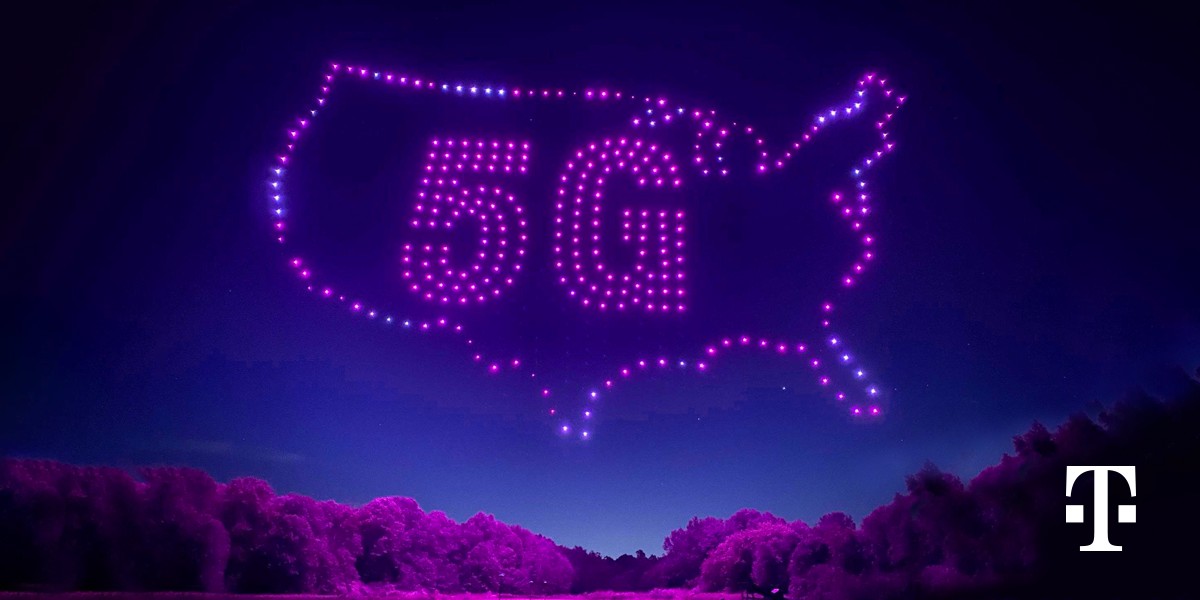T-Mobile has announced multi-billion, five year deals with Ericsson and Nokia that aim to expand and extend its 5G network. The deals will help implement a T-Mobile 5G strategy that relies on two distinct paths.
T-Mobile labels those 5G strategy paths as Extended Range and Ultra Capacity.
Extended Range 5G has a footprint of 280 million people and 1.6 million square miles, and relies on low-band spectrum assets, which provides the widest coverage, but at relatively lower speeds.
Ultra Capacity 5G is a mid-band spectrum approach that provides much faster average speeds of 300 Mbps with peaks approaching 1 Gbps. It is available in more than 1,000 municipalities covering more than 106 million people, the press release says.
T-Mobile President of Technology Neville Ray has previously outlined this two-tier T-Mobile 5G strategy.
Rays said that a wireless carrier is considered nationwide when it reaches 200 million people—a goal the company had by year end 2020. A key goal of the T-Mobile 5G strategy is to monetize the mid-band spectrum that it acquired with Sprint.
He said that the cost increment to use that spectrum for 5G fixed wireless as well is relatively small and could reach 10 million households, which would be almost 10% of the market.
The company will offer 5G carrier aggregation, voice over 5G (VoNR), network slicing and multi-user massive MIMO.
Nokia and Ericsson – which whom T-Mobile says it has partnered with for two decades — figure to be in the middle of the action.
In July 2018, T-Mobile and Nokia inked a $3.5 billion deal to accelerate deployment of the carrier’s 5G network. The carrier gained access to Nokia’s end-to-end 5G technology, software and services.
Last September, T-Mobile and Ericsson demonstrated speeds of more than 5.6 Gbps on one channel of 2.5GHz spectrum. The carrier said that it will begin deploying the technology that makes this possible this year.
The ongoing C-band spectrum auction has validated the value of mid-band spectrum for 5G. Carriers have committed over $80 billion so far, the largest intake for a spectrum auction in history, to acquire this spectrum. Both Verizon and AT&T are expected to be big winners, partly due to a need to match this T-Mobile 5G strategy of wide scale Ultra Capacity 5G service.


